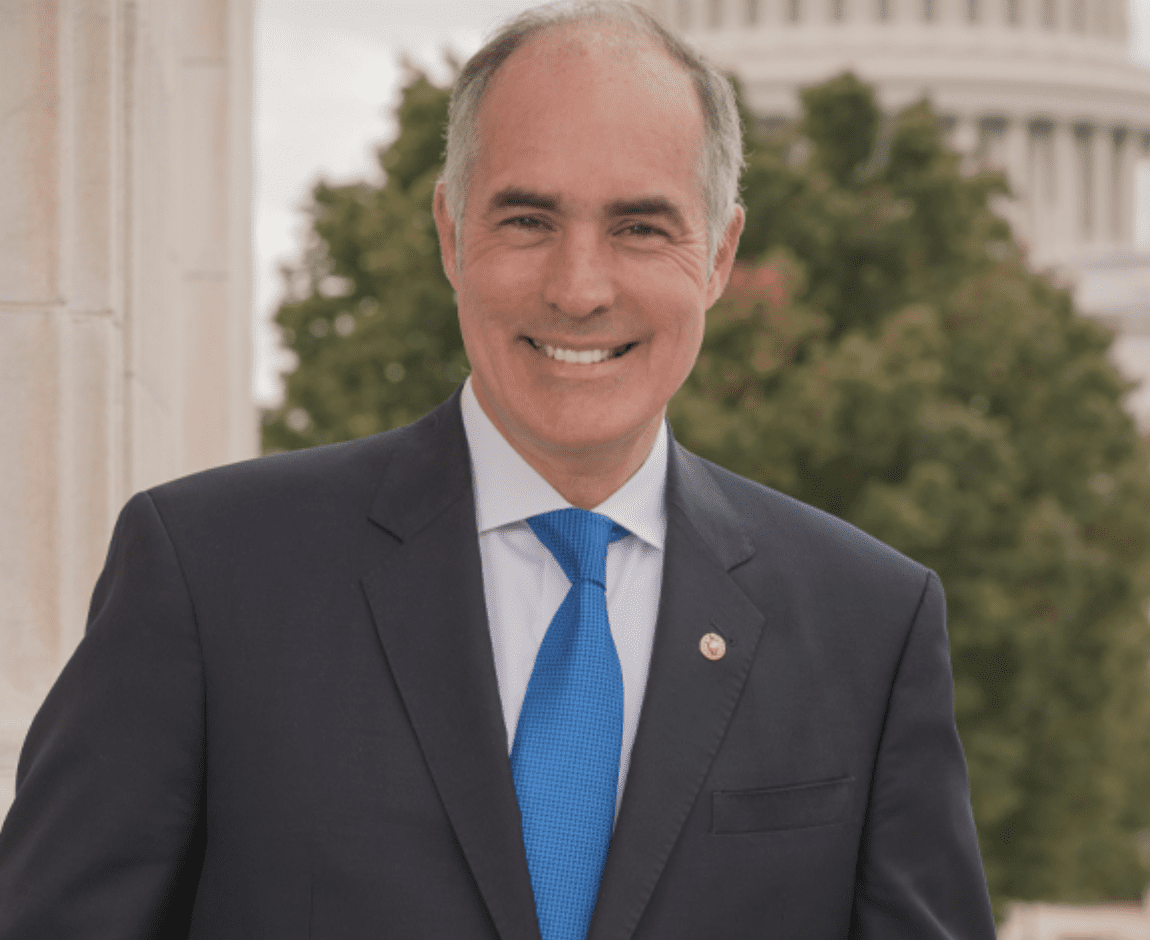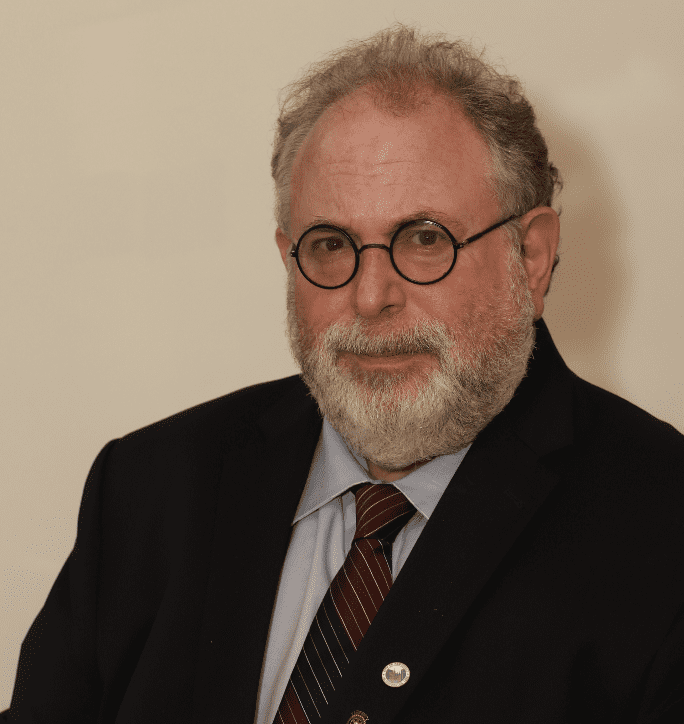Search Posts
Recent Posts
- Rhode Island Weather for April 3, 2024 – Jack Donnelly April 3, 2025
- We Cook! Mill’s Tavern’s Slow-cooked Octopus & Blanched Sea Bean Salad April 3, 2025
- RI Veterans: Did you know? 03.04.25 (Glee Club video, MV cuts, healthcare, events) John A. Cianci April 3, 2025
- Homeless in RI: Let there be… pink? Crossroads isn’t talking. April 3, 2025
- Are you age 70 or older and not yet receiving benefits? – Social Security April 3, 2025
Categories
Subscribe!
Thanks for subscribing! Please check your email for further instructions.

Chair Casey leaves mark on national aging policy. Leadership changes in DC and RI – Herb Weiss
Chairman Casey’s Leadership Leaves his mark on national aging policy
By Herb Weiss, contributing writer on aging issues
Last week, U.S. Sen. Bob Casey (D-PA), Chairman of the U.S. Senate Special Committee on Aging, held his last hearing, entitled “Empowering People with Disabilities to Live, Work, Learn, and Thrive, in SD 106. This hearing was his swan song as Chairman of the Senate Aging Committee.
The 3-term Democratic Senator, first elected in 2006, lost his reelection bid for a fourth term to Republican Dave McCormick, a West Point graduate, combat veteran and Bronze star recipient, and a national security expert, and former hedge fund manager. A recount of votes confirmed that Casey lost by 16,000 votes (3,398,628 to 3,382,423) and he conceded the race on Nov. 21st.
With the dust settling after the Nov. 5th presidential election, Republicans will take control of the legislative agenda of the upper chamber, with a 53-47 majority, and control the house.
According to a Senate Aging Committee staffer, during the upcoming 119rh Congress, Sen. Rick Scott (R-FL), is expected to replace Casey as chairman on Jan. 3rd. Former Ranking Member Mike Braun(R-Ind) will leave the Senate after becoming Governor-elect of Indiana.
An advocate for America’s seniors
During the 118th, the Senate Aging Committee under the helm of Casey held 18 full hearings, five field hearings, and one joint full hearing. His final hearing, lasting one hour and 46 minutes, highlighted his long record as a champion for people with disabilities, and laid out his vision for how Congress must continue to work to empower them.
“From the beginning of my time in the Senate, I heard a constant refrain from disability advocates that their needs were not being met–they faced barriers to save for their future, they were being paid well below a living wage, and they could not afford or access the care they needed,” says Casey in his opening statement. “Those refrains, including from some of the people we heard from at today’s hearing, are what inspired me to make people with disabilities a focus of my Senate career and time as Aging Committee Chairman,” he said.
During his 18 years in the Senate, Casey has been one of the foremost champions in Washington for people with disabilities. He created the Stephen Beck Jr. Achieving a Better Life Experience Act (ABLE) program, which has helped hundreds of thousands of families save for long-term care for their disabled loved ones with a tax-advantage savings account. The Associated Press hailed this legislation as “the most important new law for [those with disabilities] in 25 years. He also made federal websites more accessible for people with disabilities, and propelled the fight for access to home care to the forefront of the national conversation.
In addition, the Pennsylvania Senator led efforts to improve care in nursing homes by expanding and strengthening oversight over poor-performing facilities while ensuring that nursing homes and long-term care facilities have the resources they need to provide high-quality care to residents. His work has led the Centers for Medicare and Medicaid Services (CMS) to publicly release information about nursing facilities with a documented pattern of poor care, ensuring older adults and their families have the information they
At the Dec. 12th hearing, Chairman Casey also released a series of issue briefs documenting his record chairing the Aging Committee on making government technology accessible, expanding access to home care, improving nursing homes, lowering prescription drug costs, and ensuring economic security for older adults:
“We have made a lot of progress, from creating the ABLE program to making government technology more accessible,” Casey continued. “But as we heard today, there is still a lot more to do–from expanding access to home care to finally phasing out the subminimum wage,” he added.
Kudos to Casey’s advocacy for America’s disabled Seniors
At the hearing, witnesses from Pennsylvania and national organizations testified about the impact of Casey’s work impacting the disability community in the Commonwealth and around the country.
“I want to thank Senator Casey for your leadership. None of the successes I outlined would have been possible without your steadfast championship, advocacy and partnership. It is daunting to think about facing the challenges ahead, particularly the threats to Medicaid, without you at the helm, but we have been emboldened to reimagine what is possible because of your leadership,” says Witness Ai-Jen Poo, President of the National Domestic Workers Alliance and Executive Director of Caring Across Generations.
Witness Neil McDevitt, Mayor of North Wales, Pennsylvania, noted: “Senator Casey, you have been a steadfast ally of North Wales Borough, the Commonwealth of Pennsylvania, and millions of disabled and Deaf Americans. We owe you a debt that can never be repaid.”
“Things are actually changing. We are not yet where we need to be when it comes to disability access and acceptance, but we are getting there. It brings me great joy when I hear of disabled people in my community getting good paying jobs and not being relegated to sheltered workshops for less than minimum wage,” adds Erin Willman, CEO of White Cane Coffee in Warren, Pennsylvania.
Witness Lydia Brown, Director of Policy, National Disability Institute, told the attending Senators:”Ten years ago, Sen. Casey’s leadership in introducing and passing The ABLE Act changed the game. People whose disabilities began before age 26 can now access a savings vehicle that can conserve up to $100,000 total without their savings counting against them in determining eligibility for SSI and Medicaid. Money in an ABLE account can be used for a wide range of qualified disability expenses, including otherwise unaffordable assistive technology and health care, as well as educational and employment related costs. For many disabled people on Medicaid, an ABLE account is also their only available means to save for retirement.”
A fond farewell
“Bob Casey served honorably as the chair of the Senate Special Committee on Aging. He held a wide range of hearings intended to develop a record that could be used to help shape future legislation,” says Max Richtman, President & CEO, National Committee to Preserve Social Security and Medicare who also is a former staff director of the Senate Special Committee on Aging. Casey had held numerous hearings on issues facing older adults that helped build support for components of the Older Americans Act reauthorization – which just passed the Senate and may be included in the end-of-year package, noted Richtman.
“Senator Casey also held hearings on disabled older adults, including one with former Social Security Commissioner Martin O’Malley to discuss what the Social Security Administration (SSA) is doing to make the application process easier,” added Richtman, noting that other hearings were held on scammers preying on the elderly – designed to help older adults and their families know what to look for — and protect against.
“We can only hope that when Republicans assume control of the Senate in January, this committee will continue the serious work of looking after the interests of seniors, who have contributed so much to our society and yet are among our most vulnerable citizens,” says Richtman.
“Leadership Council of Aging Organizations (LCAO) thanks Senator Bob Casey for his leadership and dedication to improving the lives of older Americans through his work on the Senate Aging Committee,” said Debra Whitman, LCAO Chair. “We look forward to collaborating with incoming Chairman Rick Scott to continue addressing the needs and enhancing the well-being of our nation’s growing aging population,” she says.
“As Chairman of the Senate Special Committee on Aging, Senator Bob Casey was a critical champion for seniors. He fought to strengthen Social Security and Medicare, stop elder abuse, and improve conditions in nursing homes. Casey will be greatly missed in the Senate by everyone who cares about senior issues. We urge the next chairman of this invaluable committee to continue his legacy.” Says Nancy Altman, President of Social Security Works.
“It is wonderful to have a Senate Aging Committee and Senator Casey’s terrific advocacy but inexcusable for the House not to restore its counterpart, which Chairman Claude Pepper proved is indispensable,” said Robert Weiner, former Chief of Staff of the House Select Committee on Aging and later a senior White House spokesman.
Announcing job transitions and retirement – in Rhode Island
Two well-known aging advocates have announced their departures.
The Alliance for Better Long-Term Care announces the retirement of Kathleen “Kathy” Heren. She dedicated 26 years to serving Rhode Island’s seniors. For the past 15 years, Heren has served as the Rhode Island State Long Term Care Ombudsman, tirelessly advocating for the rights and well-being of residents in long-term care facilities across the state. She is known for her “fierce dedication, wisdom, and compassion have made her an unwavering champion for those in need.”
After serving as Executive Director of LeadingAgeRI for over 16 years, James P. Nyberg is leaving the nonprofit to become Senior Advisor at the Boston-based Public Consulting Group. He will provide his expertise to the company on home and community-based services.
During his tenure, he significantly advanced aging services by advocating for quality, affordable care and fostering partnerships with state and national stakeholders. His leadership has driven innovative initiatives addressing the needs of older Rhode Islanders while supporting workforce development and professional growth among member organizations.
Nyberg ably served as Chair of the state’s Advisory Commission on Aging for over six years.
___
To read more articles by Herb Weiss, go to: https://rinewstoday.com/herb-weiss/

Herb Weiss, LRI -12, is a Pawtucket-based writer who has covered aging, health care and medical issues for over 43 years. To purchase his books, Taking Charge: Collected Stories on Aging Boldly and a sequel, compiling weekly published articles, go to herbweiss.com.

